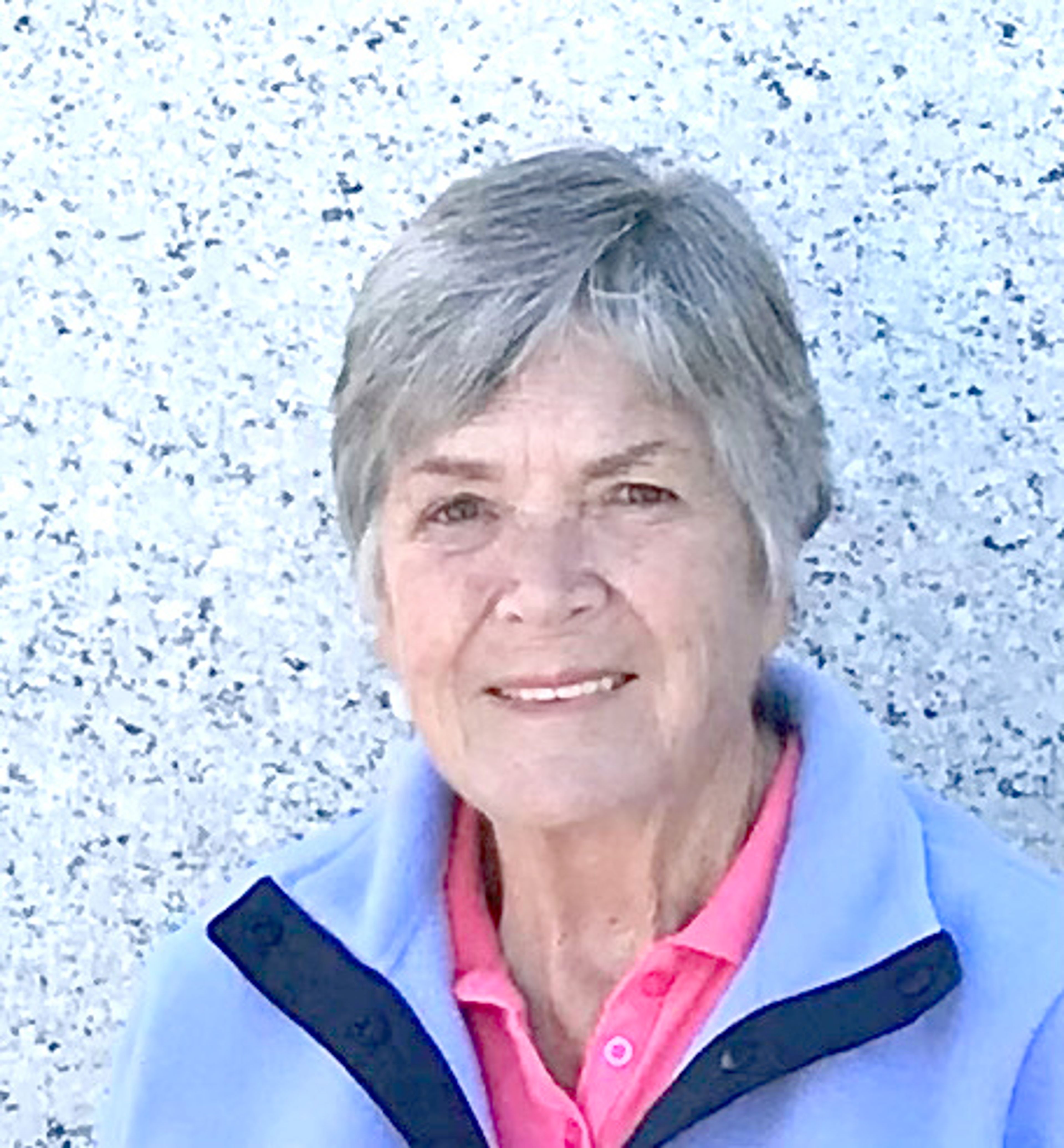OPINION: Alternatives to bar exam level the field for law
Guest Editorial: Another Newspaper’s Opinion
This editorial was published in The Seattle Times.
———
For first time in state history lawyers won’t be required to take the state bar exam to show competency to earn a law license. Washington joins Oregon as the only two states with alternatives to the bar exam.
There have been longtime concerns within the legal community about whether the bar exam puts too much emphasis on rote memorization but does little to truly assess competency.
In 2020, some law school graduates expressed concern about taking the in-person bar exam during the pandemic. In response, the state Supreme Court allowed graduates who’d applied to take the exam to instead receive law licenses through diploma privilege, meaning that those who qualified could go straight on to be licensed to practice law without passing the exam. That year, 567 people received their state law licenses through diploma privilege.
Then-Chief Justice Debra Stephens commissioned a task force of law professors and lawyers to study alternatives to the traditional bar, which prompted questions about the efficacy of the exam. The group also looked at the history of the exam and how it affects communities of color.
The task force found that the Uniform Bar Exam is a barrier to marginalized groups that wish to practice law, and the exam is “minimally effective” in ensuring competency among lawyers. Unfortunately, it took COVID-19 and the killings of George Floyd, Breonna Taylor and Ahmaud Arbery for the court to develop more equitable pathways to the law, but the results could mean more lawyers licensed to practice more quickly and more of them in underserved communities.
Starting in summer 2026, the state will administer the National Conference of Bar Examiners’ NextGen bar exam, a revised version of the current exam that includes fewer topics and reduces the amount of material that graduates need to memorize. In exchange, the NextGen test will provide candidates with legal material and ask them to apply it in a practical situation. The current bar exam will remain as an option.
In addition, the court has created other alternatives to the bar exam for obtaining a law license:
Law school graduates can seek their license after completing a six-month apprenticeship under the guidance of a practicing attorney. The apprentice would be required to complete three courses of standardized coursework.
Law school students can prepare to practice if they complete 12 skill credits and 500 hours of work as a licensed legal intern. They would also be required to present a portfolio of their work.
Law clerks can become licensed lawyers by completing standardized material under the mentorship of an attorney and work a 500-hour internship.
“The test option doesn’t solve all problems but it works toward solving them,” said Justice Raquel Montoya-Lewis, a co-chairperson of the task force.
“What the court has done here merits celebration,” said Seattle University Law School Dean Anthony Varona, co-chairperson of the task force. “Different human beings learn differently and show their competency in different ways. So what we wanted to do is to build into the licensure regime that kind of choice of pathway while ensuring we were retaining rigor and we were protecting the public.”
The changes are significant for the legal profession and overdue. They should also be evaluated by the court over the years to assess their effectiveness.
TNS








